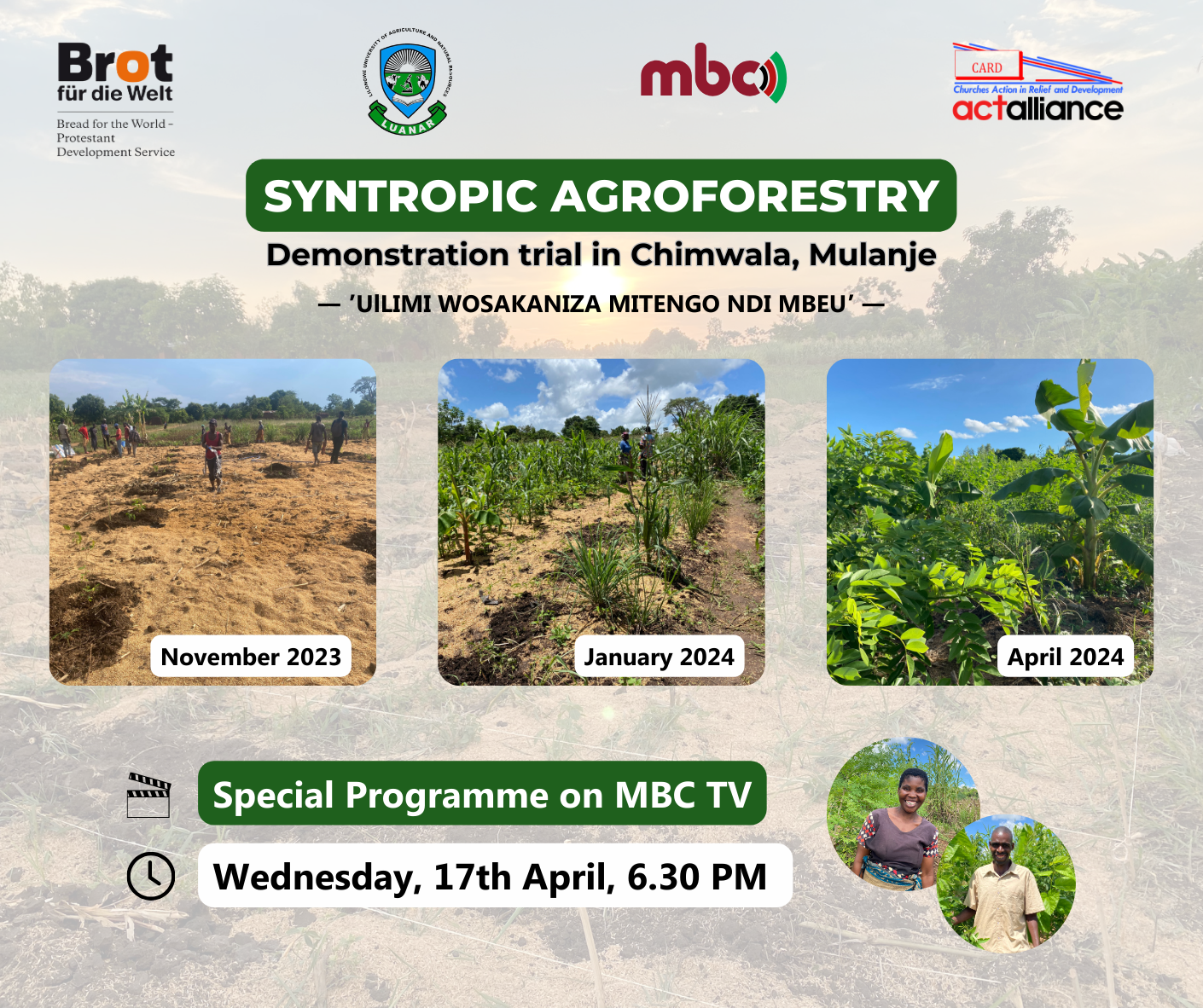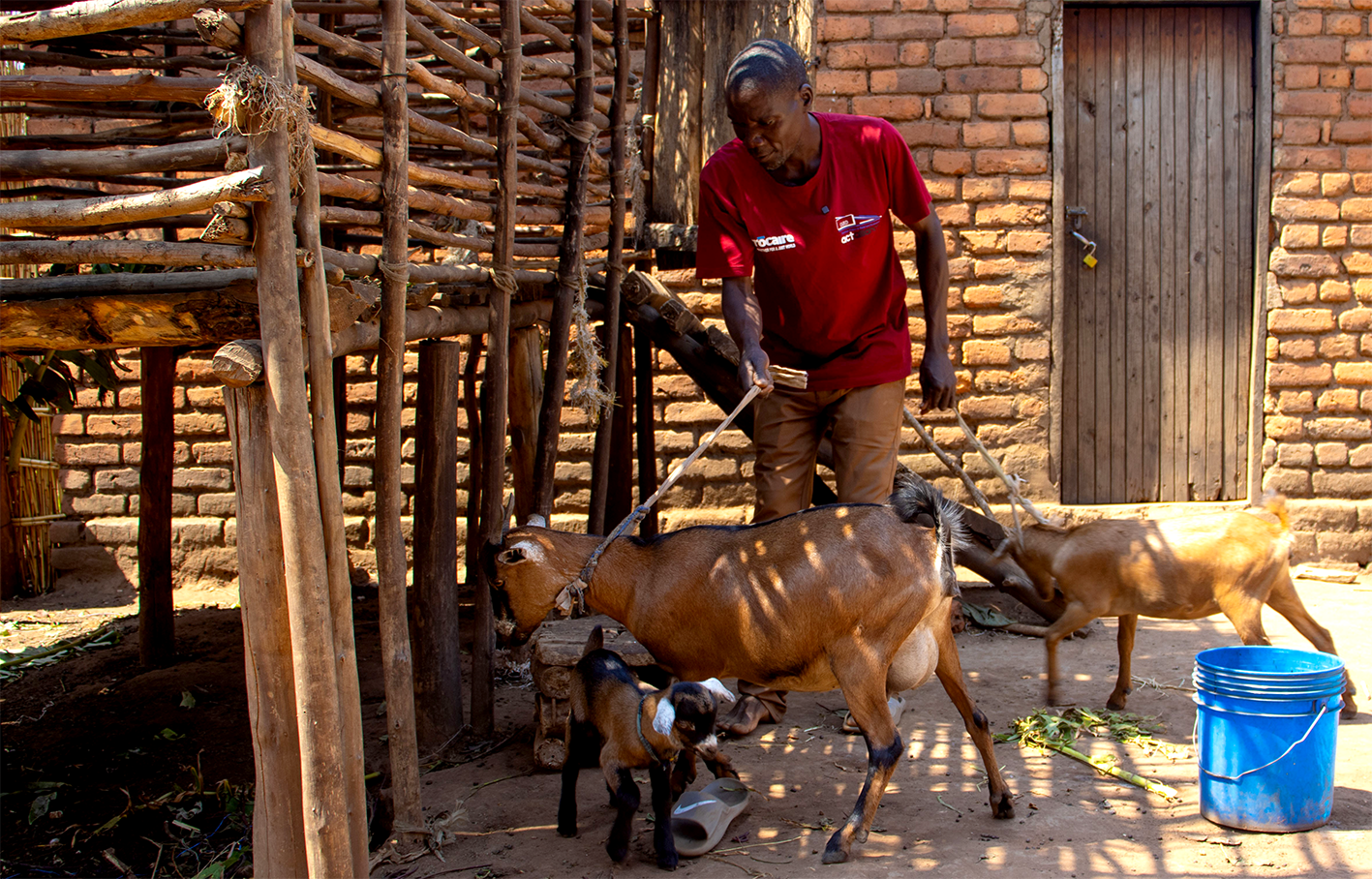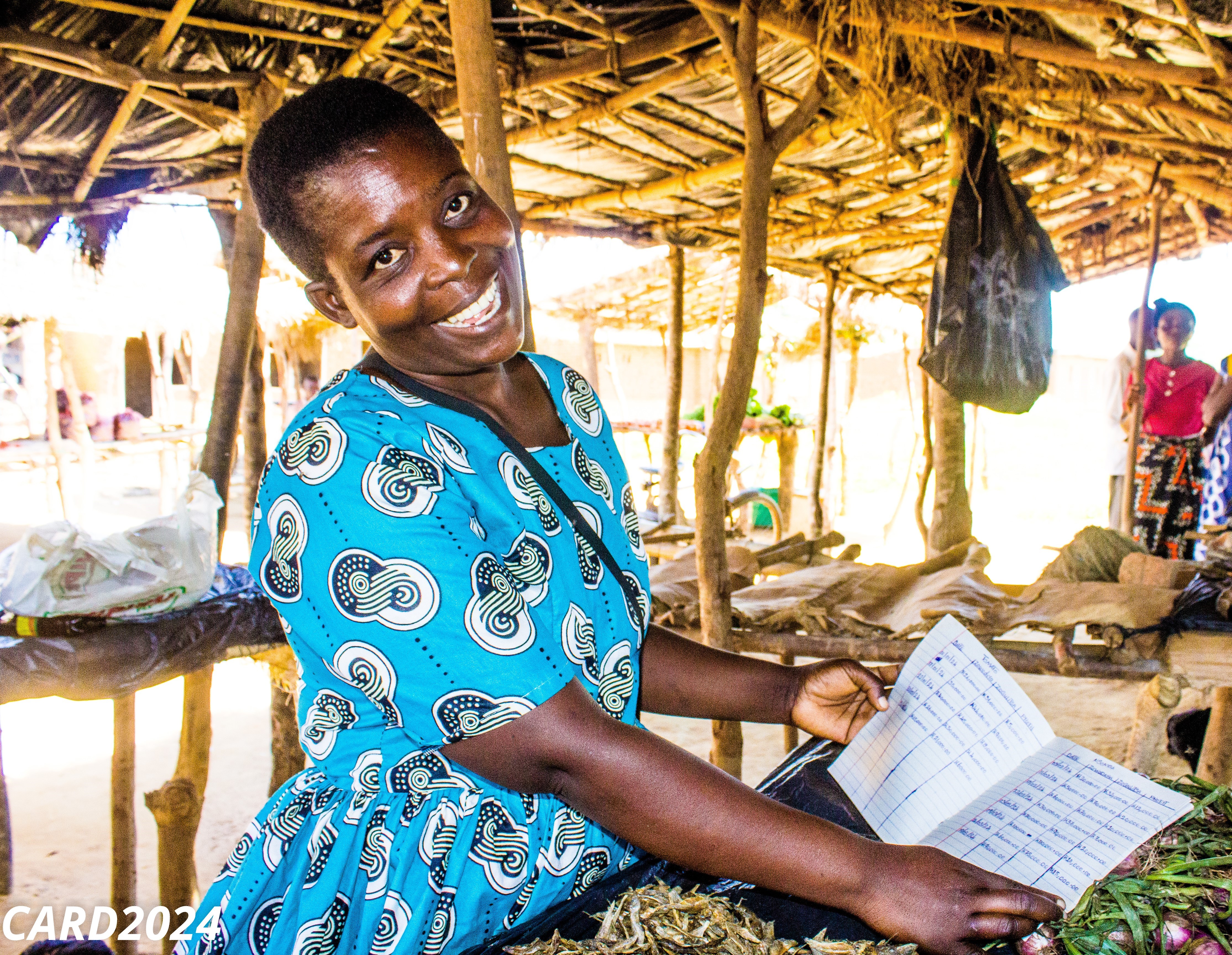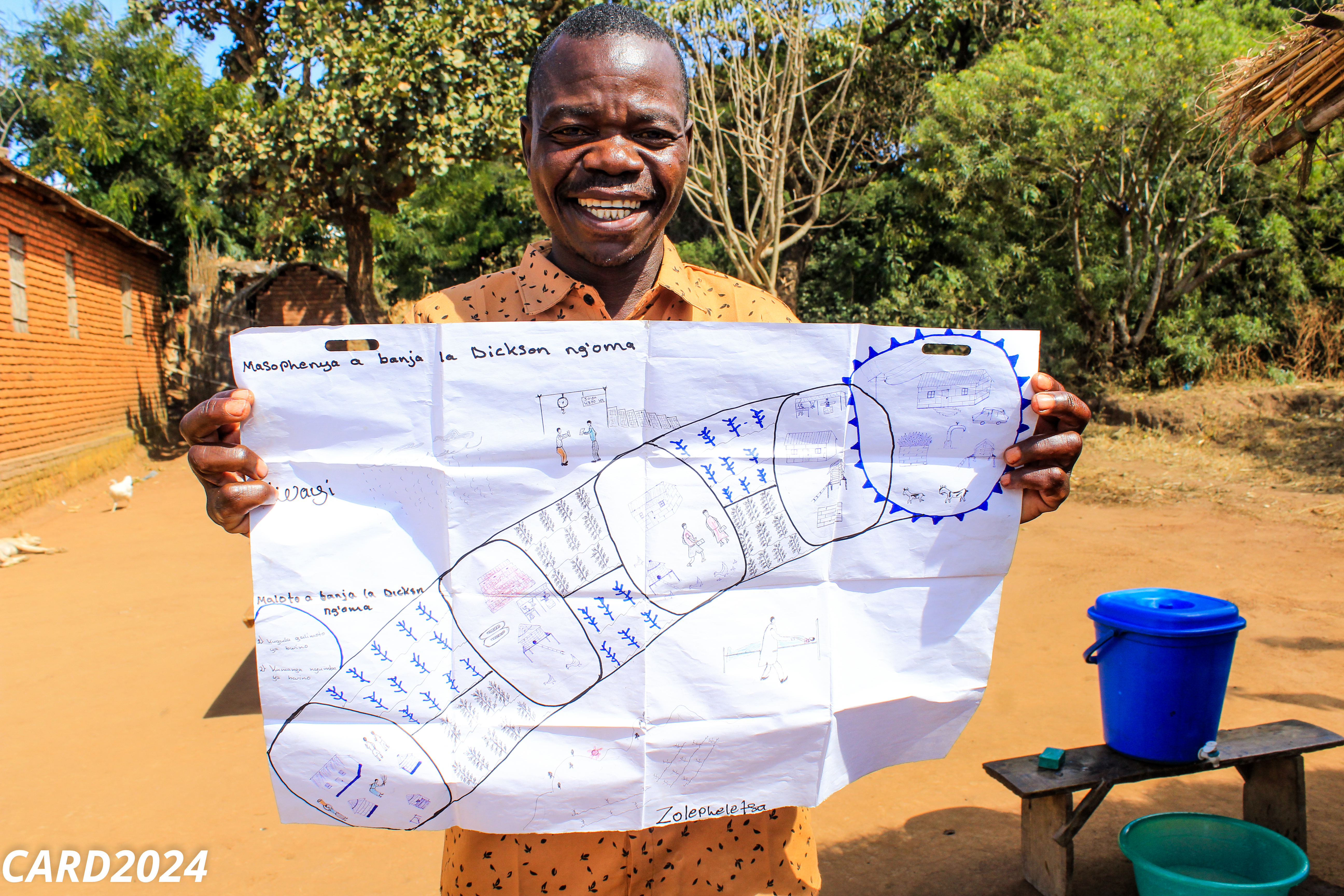Pledge broken, a life restored: Faith and community leaders rescue Elisa
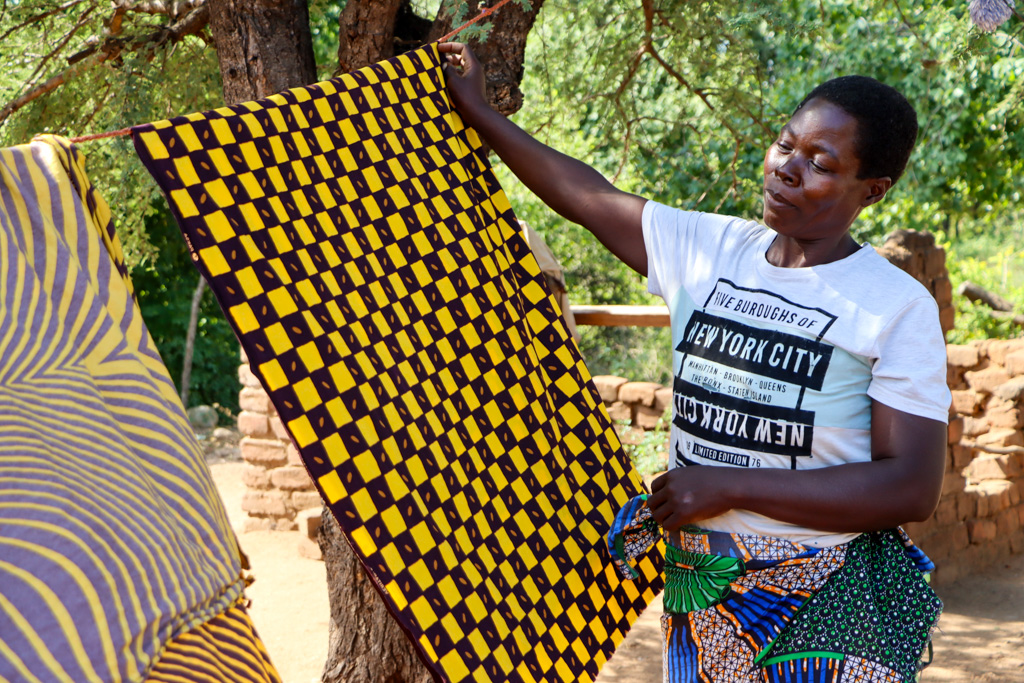
10 Jul, 2025
Pledge broken, a life restored: Faith and community leaders rescue Elisa
NSANJE, Malawi — In a village near the Mozambique border, 16-year-old Elisa (name changed to protect her identity) quietly handed her mother a folded chitenje (wrapper) containing K30,000 and no words. In her culture, that gesture said everything.
It was luphatho, a
traditional marriage pledge that signals the start of a union. For Elisa’s
family, caught in the grip of extreme poverty, the offer felt like a lifeline.
But behind Elisa’s smile was a
silent cry for help.
“I just wanted to escape hunger; we
often went days without food. I thought marriage was my only way out.” Elisa shared eyes welling with tears.
Her mother, Lucy, echoed the
hardship. “There were nights Elisa went to bed on an empty stomach. Sometimes
we only ate once a day, just a pot of porridge if we were lucky.”
The man proposing marriage was in
his late 20s, recently returned from South Africa and seen by some in the
village as a rare opportunity. But Elisa was only in seventh grade still a
child with dreams not yet lived.
When word reached local faith
leaders and child protection workers, they acted fast. Benford Andisen, a child
protection caseworker, organized an emergency meeting.
“I called the child protection team,
the Area Development Committee and faith leaders. We met with Elisa’s parents
and agreed the marriage had to be cancelled,” he said. The luphatho was
returned and the man was warned pursuing Elisa would carry legal
consequences.
For Lucy, the intervention was a
turning point. “At first, I thought marriage might ease our suffering, but when the leaders explained the dangers and reminded me of
Elisa’s rights, I knew I had to protect her.” s
Faith leaders played a critical
role. Pastor Charles George, Secretary of the Nsanje Faith Leaders Network,
used a community gathering to call out the harmful custom.
“We complain that outsiders take our
jobs,” he said passionately. “But we send our daughters into marriage for a
bale of sugar instead of sending them to school for a certificate. That must
stop.”
His words drew applause from a crowd
of over 1,000. Among them was Hilda Moses, a local widow who said the practice
remains common. “Many girls here are married off young just to get money or
food. But the price is their future.”
The effort is part of the
Faith-Based Sexual and Reproductive Health and Rights (SRHR) Project, that we are implementing in Nsanje and Chikwawa with funding from the Royal
Norwegian Embassy through NCA-DCA Malawi.
The project empowers faith and
traditional leaders to challenge harmful practices like child marriage and
promote girls’ rights. So far, 10 girls have been rescued in Nsanje alone.
Elisa now lives safely with
relatives and has re-enrolled in school.
“Rescuing Elisa was not just about
breaking a cultural pledge, it was about restoring her right to
dream, to learn, and to choose her own future.” Benford said.
As poverty and tradition continue to
threaten the futures of many girls in rural Malawi, Elisa’s story stands as a
reminder: with faith, courage and community, transformation is possible.
